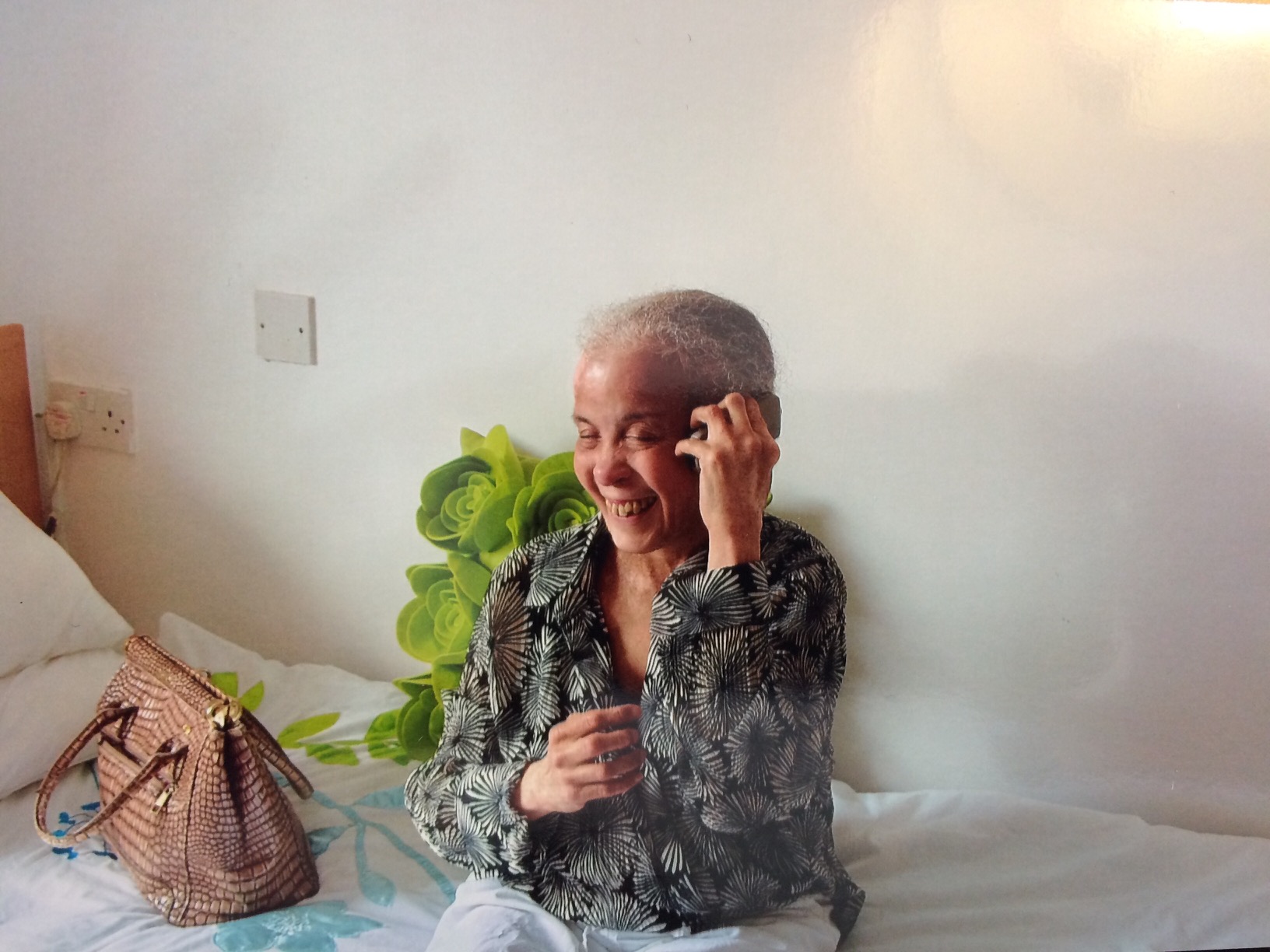
How do families of people with learning disabilities or autism feel they are treated by health and social care professionals? According to Karen Callender Caplan, who I interviewed for the Guardian, “You feel dismissed, you feel ignored … you have to gird your loins, you have to be ready to be bullish and persistent.”
Caplan’s sister Robin, who was severely autistic, had mild spina bifida and was partially sighted, died four years ago. She had been ill for over three months with intermittent vomiting and diarrhea, but the first her family heard of her condition was on the day before she died. In the months before collapsing at her Essex care home, the 53-year-old, visited her GP surgery six times and A&E twice. Yet her inflammatory bowel disease – a treatable illness – remained undiagnosed.
Despite says bereaved relatives must become campaigners, pursuing answers from disparate agencies.
An inquest last May at Walthamstow coroner’s court, in east London, concluded Robin died of natural causes contributed to by neglect, with expert witnesses noting missed opportunities to save her. However, there is be a second inquest this autumn as new evidence is to be presented about Callender’s medical care. The pre-inquest hearing takes places next week.
Caplan hopes the new development will reignite the family’s campaign for a “Robin’s law”. This would make it a criminal offence for a care home not to inform next of kin if someone they support, who lacks capacity to act in their own best interests, has an ongoing illness, and then dies. They also want there to be a duty on medical staff to inform relatives when treating such patients.
Equally important are more rights for the individuals supported so they have more control over their own lives. This is what the ongoing campaign for the LB Bill -sparked by the preventable death of Connor Sparrowhawk – would put in place.
Robin’s story is among the latest (but by no means the only) evidence that people with learning disabilities receive poorer care, are at higher risk of dying, and that professionals do not fully involve families in their care. To take just one example, data released to the Guardian under freedom of information showed that English hospitals investigated just 222 out of 1,638 deaths of patients with learning disabilities since 2011.
You can read the entire piece here.
* See more information about Robin’s Law on Karen’s campaign website or on Facebook
